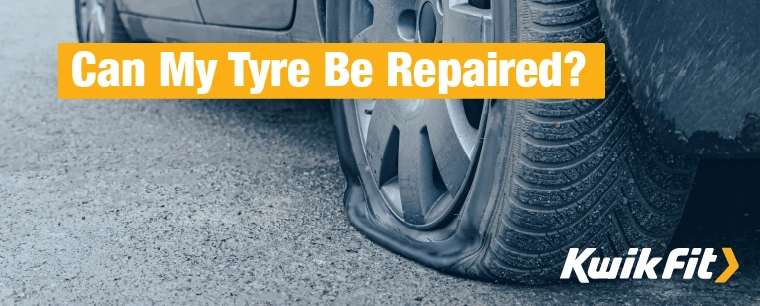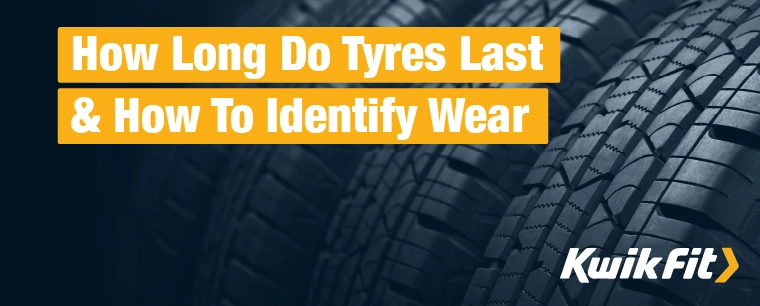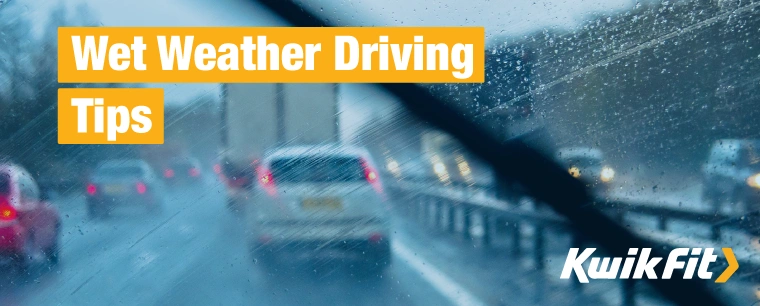Are Van Tyres Different From Car Tyres?
Jack Dreyer | Friday 11th March 2022 9:00am
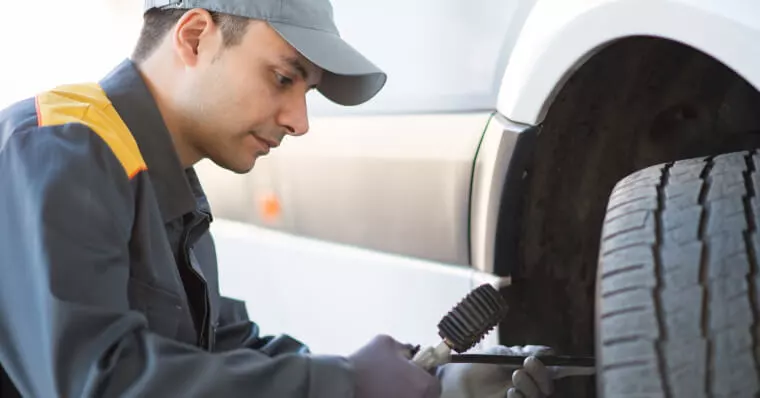
Although many motorists take little notice of their tyres — van, car, or otherwise — there are many stark differences between the tyres on vehicles even as similar as cars and vans.
In this blog, we’ll outline the main differences between the tyres you’d find on an average work van or light commercial vehicle (LCV) with those on a usual family car, offering up some contrasts on the way.
So, if you were thinking of putting car tyres on your van (or vice versa), think again! Read on to discover the main areas of difference between the two.
Strength & durability
While van and car tyres may look the same to the untrained eye, upon closer inspection there are numerous subtle variations in their strength and durability levels.
For starters, van and LCV tyres are designed to handle harsher conditions and more uneven road surfaces. Considering the intended use of vehicles like vans in the construction and transport industry - it makes sense that their tyres would be more resistant to dust, rocks, gravel, and even off-road terrain.
The strain that van tyres undergo when transporting heavy loads necessitates their resilient quality and reinforced sidewall. Many van tyres are described as Reinforced (RF) or Extra Load (XL) to indicate their extra-strong sidewall, higher load capacity, and higher tyre pressure. Car tyres do not enjoy the same strength levels and are therefore not able to withstand the same pressure.
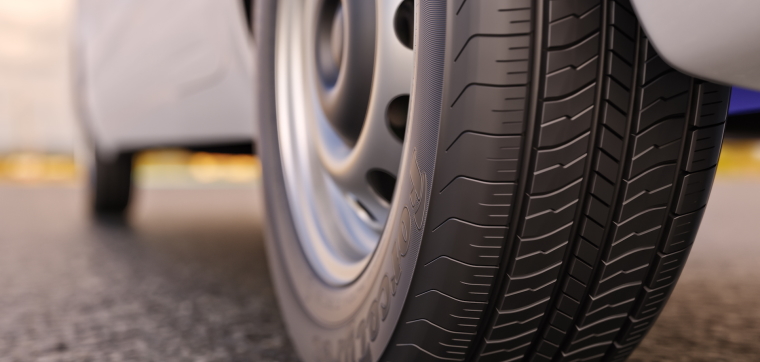
Design differences
Though it sounds obvious, the main difference between car and van tyres is their design and function. As already mentioned, vans and similar commercial vehicles have a much more rigorous and pressurised work environment compared to family cars — and their tyres are designed accordingly.
While ‘RF’ and ‘XL’ models are actually reinforced car tyres, ‘C’ models are van-specific tyres, used exclusively on vans and intended to support extremely heavy loads. ‘C’ tyres can withstand coarse and abrasive road surfaces without wearing down too quickly; excellent for driving on construction sites or off the beaten track.
This design feature is especially useful considering how vans often rack up high mileage due to their frequent use as work vehicles.
Stopping distances
Regardless of whether you drive a van or a car, sometimes an emergency stop is necessary. Another subtle difference between the two tyre types is their ability to stop when braking.
Depending on the weather conditions — or the season — car tyres have multiple options. If you know you’ll be faced with a lot of slippery, wet roads, winter tyres are a suitable option. If, on the other hand, you’re driving in mild conditions, summer tyres are your best bet for good braking.
Van tyres are more complicated, since they are likely to be carrying heavier loads and distribute their weight differently. That’s why we recommend purchasing from premium tyre manufacturers like Continental, especially the Continental VanContant 4 Season or the VanContact 200, for a tyre that has maximum grip for all weather types. You can browse our full range of van tyres here.
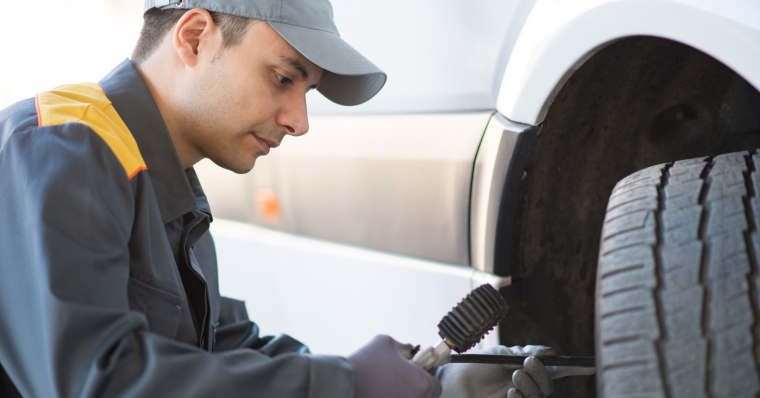
Maintenance needs
Not many people know this, but vans have a lot more requirements than cars when it comes to tyre pressure. Due to the way in which vans are used, loading and unloading goods, especially in a commercial setting, their weight fluctuates significantly. As a result, their tyre pressures will need to change as well.
Most car drivers are oblivious to their tyre pressure during their time on the road until something goes wrong, partly because cars rarely take on excessive weight in normal, everyday use. Vans, on the other hand, should have their tyres inflated and deflated to account for the increase and decrease in weight.
If you’re unsure about the optimal tyre pressure for your vehicle, or how to adjust your tyre pressures, you can read advice from our experts on our blog. What are you waiting for?
Make your tyres last longer
Regardless of whether you drive a van, car, specialist vehicle or a sports car, it is absolutely essential to check your tyres regularly to reduce the risk of blowout and breakdown. If you’re in doubt about the safety or performance of your vehicle’s tyres, browse through the rest of the advice on our blog, or, for more serious concerns, get in touch with the experts at your local Kwik Fit centre.
Any facts, figures and prices shown in our blog articles are correct at time of publication.
Featured Articles
Can My Tyre Be Repaired?
Wednesday 22nd November 2023
It can be hard to tell if your puncture can be repaired or not. Read our handy guide to understand if your tyre can be saved or if you need a replacement.
How Long Do Tyres Last & How To Identify Wear
Wednesday 18th October 2023
Driving on old or worn tyres can be dangerous so you need to maintain them properly. Read about how long tyres should last and how to know if your tyres are old.
Wet Weather Driving Tips – Staying Safe in the Rain
Thursday 27th October 2022
Driving in the rain isn’t only a pain but can be surprisingly hazardous – here are our top tips for staying safe in wet & icy weather this winter.

